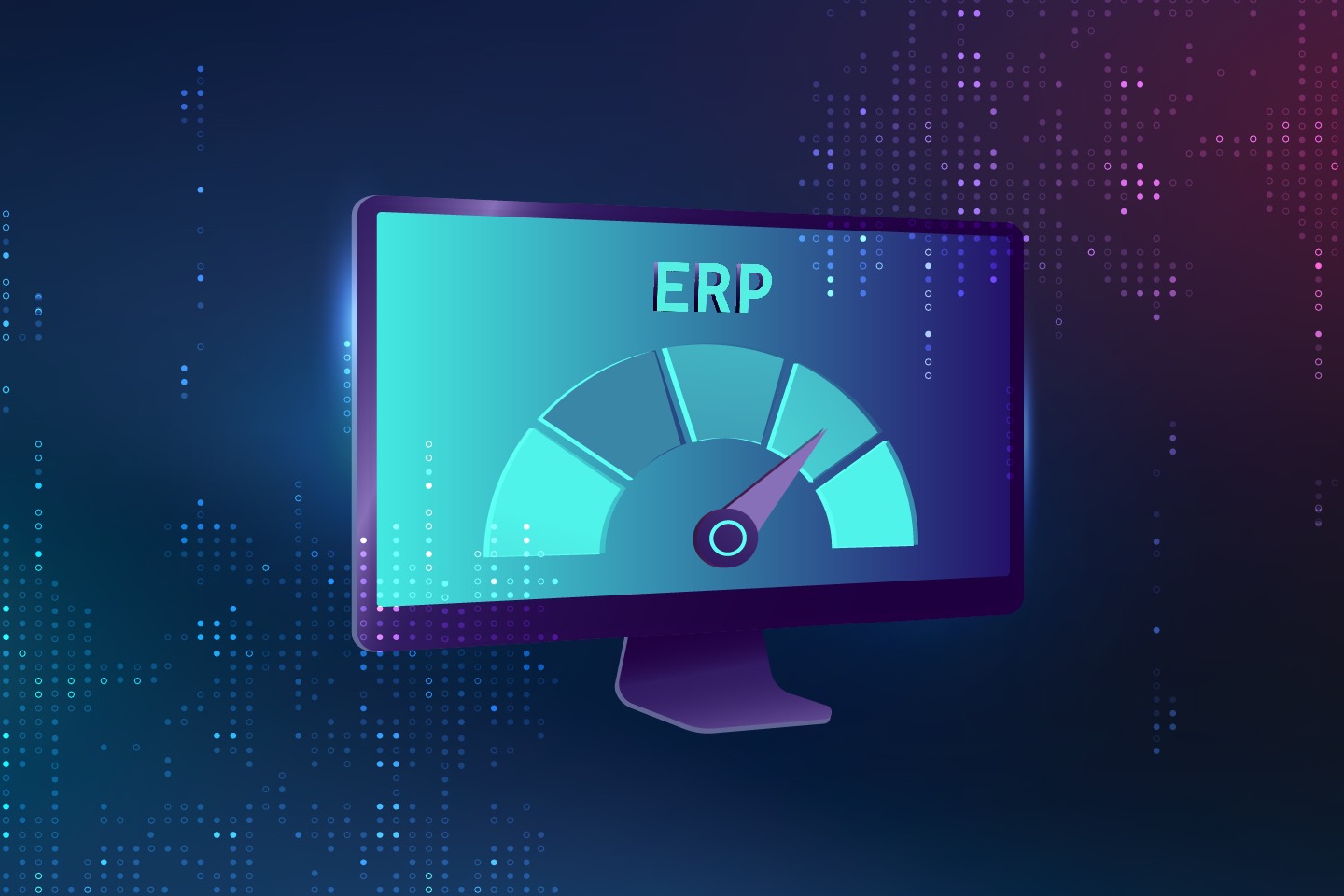Enterprise Resource Planning (ERP)
Why Is There Such a Low Adoption Rate for ERPs?
Nathan Maas March 12, 2024

Discover the key factors behind the low ERP adoption rates and how to overcome them. This insightful guide highlights the importance of selecting the right ERP provider and tailoring the system to your business's unique needs for a successful implementation. Learn how to navigate the challenges of ERP adoption and unlock the potential for enhanced operational efficiency and growth.
Why Is There Such a Low Adoption Rate for ERPs?
Despite the clear advantages that Enterprise Resource Planning (ERP) systems offer in terms of operational efficiency, scalability, and decision-making, many businesses, especially smaller companies, exhibit hesitancy towards adopting these systems.
With an 80% failure rate in ERP adoptions, it's crucial for business leaders to understand the underlying factors contributing to this trend to make informed decisions and mitigate risks.
Key Factors Behind Low ERP Adoption Rates
- Lack of Awareness: A significant barrier to ERP adoption is a lack of awareness about the full spectrum of benefits these systems can provide. Many organizations may not fully grasp how ERPs can streamline operations, enhance data visibility, and support growth, leading to reluctance in undertaking the initial investment. It is important to do your own research on ERPs, but also look for a provider that offers guidance and support.
- Fear of Change: Although change is inevitable, it is often met with resistance within organizations. The prospect of overhauling existing processes and learning new systems can be discouraging for employees. This fear of change can prevent businesses from taking the leap into ERP implementation, concerned about the potential impact on staff morale and productivity. However, ERPs are directly designed to enhance morale and productivity by leveraging technology, creating better results in the future.
- Concerns Over Disruption: Implementing an ERP system is a major undertaking that can disrupt daily operations. Businesses worry about the downtime, the possibility of data loss during migration, and the time it takes for their workforce to adapt to the new system. This concern over operational disruption further contributes to low adoption rates.
- Lack of Support from ERP Provider: Although many of the above reasons are constant, lack of support from ERP providers is a variable. All ERP providers offer different levels of support. Larger ERP providers may support customers differently depending on budget. Smaller ERP providers may lack the resources or customer service to support the extensive overhaul and communication with an ERP implementation.
Mitigating Risks and Encouraging Successful Adoption
For businesses considering an ERP system, choosing the right ERP provider is crucial in mitigating these risks and ensuring a successful adoption. Here are key considerations to look for in an ERP company:
- Expertise and Support: Choose a provider with a strong track record of successful implementations in your industry. Comprehensive support and training services can alleviate fears of change and disruption by ensuring a smooth transition and quick adoption. Some providers offer account managers that are dedicated to your account and are willing to provide constant support throughout the process. Choose a provider that offers video demonstrations or live walkthroughs with your team to ensure your team can ask questions and have proper support during adoption. It is important to ask your provider how they will support you after signing up; if they do not provide proper support, it may be necessary to look for a different ERP provider.
- Customization and Scalability: Ensure the ERP system can be tailored to fit your unique business needs and has the capacity to scale with your growth. Customization, no matter the budget and tier company, is important. Look for a provider that offers customization to ensure the software will be tailored to your current business processes, leading to a better implementation success. A system that grows with your business can alleviate concerns over future disruptions or the need for replacement. Ensure the ERP provider offers different options for onboarding more users in the future. No ERP is a one-size-fits-all, and it is important to look for an ERP that can adapt to your needs now and in the future.
- Transparent Communication: A provider that offers clear, upfront communication about the implementation process, costs, and timeline can help set realistic expectations and build trust, reducing the fear of unexpected challenges. Larger ERP providers can be scary to implement and cost a lot of money and have a long implementation process. If you are not a large enterprise, focus on an ERP provider that is willing to walk you through the process and provide constant communication and support to ensure success.
- Demonstrated ROI: An ERP company that can provide concrete examples of ROI for similar businesses can help overcome hesitancy by illustrating the long-term benefits and cost savings of ERP adoption. If the price is higher, it is a good idea to ask about potential success stories in your industry. This will help provide a clearer picture on reasons to choose that provider. If the ERP is able to provide you with clear, data-driven results from the platform, it will ease your worries and lead to higher adoption success.
Above are just some of the ways in which you can successfully overcome low adoption rates. In order to learn more about key considerations in choosing an ERP vendor, take a look at this insight.
Overcoming Barriers to ERP Success
Understanding the reasons behind the low ERP adoption rates is the first step in overcoming them. By recognizing the importance of awareness, preparing for change, and carefully selecting an ERP provider that aligns with your business's needs, leaders can significantly increase the chances of a successful ERP implementation. The right ERP system, coupled with a strategic approach to its adoption, can transform operational challenges into opportunities for growth and efficiency, paving the way for a competitive edge in the marketplace.

. . .

Insight by Nathan Maas
Account Manager
Nathan is a digital marketer passionate about how storytelling, targeted messaging, and implementing technology create business-changing content. As an Account Manager, he is responsible for assisting with communication to help his clients increase brand awareness, generate leads, and acquire new customers.
Related Insights

Enterprise Resource Planning (ERP) Digital Transformation
Top 10 Task Management Tools

Enterprise Resource Planning (ERP)
Top ERP Software Solutions: An In-Depth Comparison

Enterprise Resource Planning (ERP)
The Future of ERP: AI, IoT, and Blockchain Integration
Connect in 3 simple steps
Let's connect.
We want to hear from you and learn how we can make technology work for your organization.